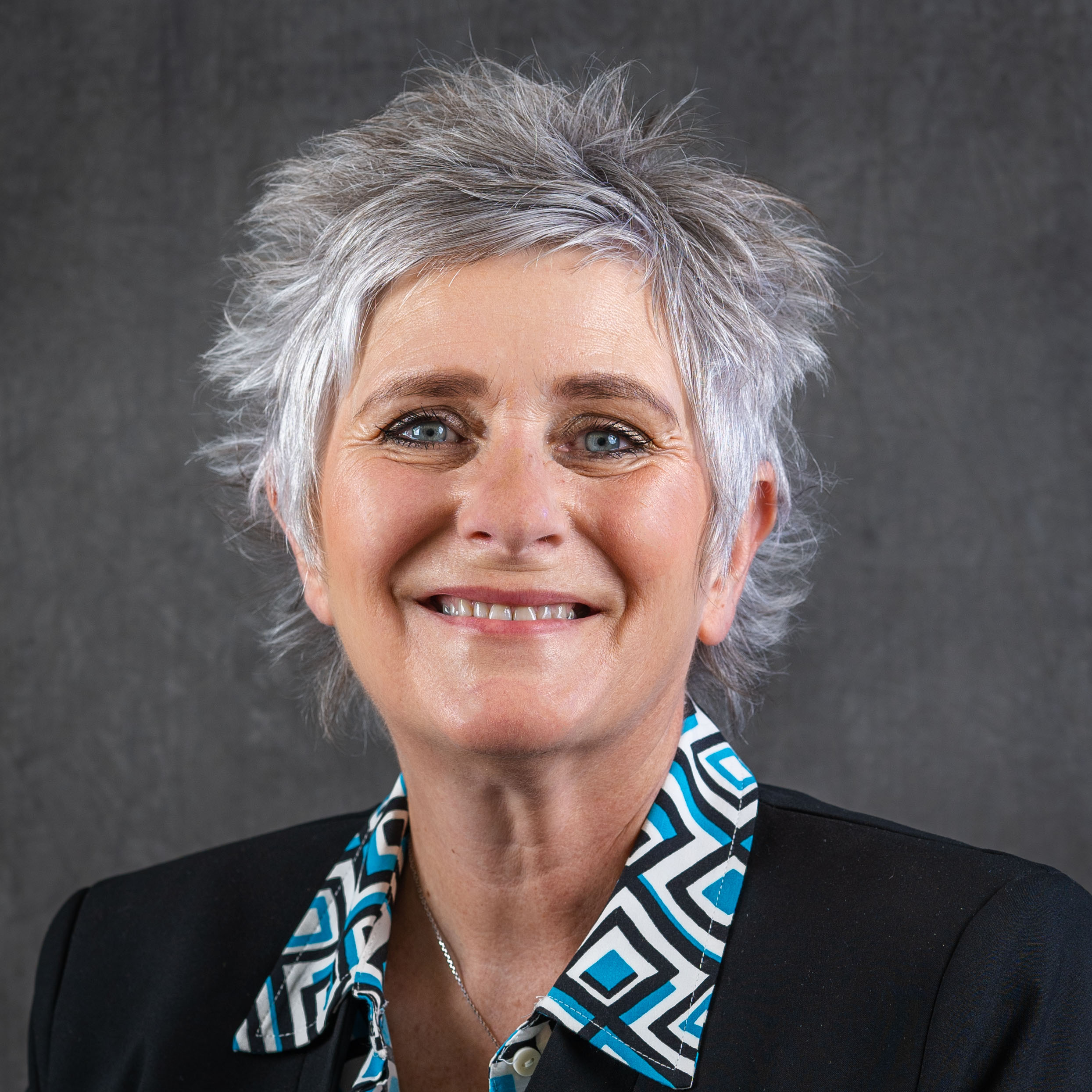Taking a job off the beaten track? Here are some tips
Working in remote or less-touristed areas can be challenging – but also exhilarating and rewarding, as long as you learn to expect the unexpected

When I decided to take a job in Kazakhstan, friends and colleagues responded in one of two ways: “Where is that?” or “Oh, Borat land”.
Working here has been both exhilarating and challenging. As a head of sixth form at a British international school in Almaty, Kazakhstan, I have had the privilege of experiencing a unique blend of cultures, stunning landscapes, an incredible student body and the friendliness and acceptance of the local community.
There are, however, factors to consider when embarking on a move to the relative unknown.
University counselling on the road less travelled by
Working in a less-travelled area offers unparalleled opportunities for personal growth through cultural immersion. Embracing unfamiliar customs, traditions and social norms can broaden one’s perspective, leading to greater empathy, adaptability and intercultural understanding.
Smaller or more isolated cities often have leisure activities that may not be as readily available in more urbanised areas. From surfing along pristine coastlines to mountaineering in breathtaking landscapes or skiing in snowcapped mountains, counsellors can indulge in a variety of outdoor pursuits, enriching their leisure time, promoting a healthy work-life balance and paying more than lip service to well-being.
One of the most enriching aspects of working in a smaller or less-touristed city is the opportunity to immerse yourself in a new language. In areas where English is not widely spoken, counsellors are presented with the unique chance – often a necessity – to adapt to a new linguistic environment. This not only enhances communication skills but fosters deeper understanding and appreciation of the local culture.
In schools where the student body predominantly consists of second-language learners, counsellors have the chance to refine their skills in English as an additional language. Catering to diverse linguistic backgrounds, counsellors can be more creative, exercising innovative strategies and building skills.
Everyday challenges
There are some other factors to consider. If the country is rapidly developing, you may suffer from poor air quality as a result of industrialisation with inadequate environmental regulations. Counsellors relocating to such areas should be prepared for potential health hazards associated with air pollution and take necessary precautions, such as purchasing masks and air purifiers.
In some areas, access to quality healthcare services may be rudimentary or limited. Counsellors should ensure that their employment package includes comprehensive health insurance, allowing them to seek medical care outside the country, if necessary.
Banking practices in smaller or more remote cities can be archaic and cumbersome, making it difficult to manage finances and global transactions. Counsellors should explore online banking options that offer modern, efficient services tailored to expatriates’ needs, minimising potential frustrations associated with international money management.
Until reasonably proficient in the local language, you may encounter difficulties in various situations, from everyday activities such as shopping or navigating medical facilities to interacting with authorities such as traffic police. Overcoming the language barrier requires patience, persistence and a willingness to adapt to new communication norms.
Expecting the unexpected
Traffic laws in particular can be stringent and subject to sudden changes depending on expat status, posing challenges for those unfamiliar with local regulations. In addition, corruption within law-enforcement agencies may further complicate matters, necessitating awareness and caution when navigating the roads. New residents should familiarise themselves with local traffic laws and know their rights in case of encounters with the authorities.
Finally, the most important piece of advice is to expect the unexpected: find out what to do in the most unlikely of circumstances – no matter how improbable – before it happens. From earthquakes to civil unrest, volcanic eruptions, terrorist threats and freak weather patterns, make sure you know the protocol to follow. I have experienced four of the five listed above and it was definitely more reassuring when I knew what to do.
Working in a school off the beaten track offers a unique blend of challenges and rewards. By approaching these challenges with resilience, resourcefulness and an open mind, counsellors can embark on a fulfilling and transformative professional journey.




